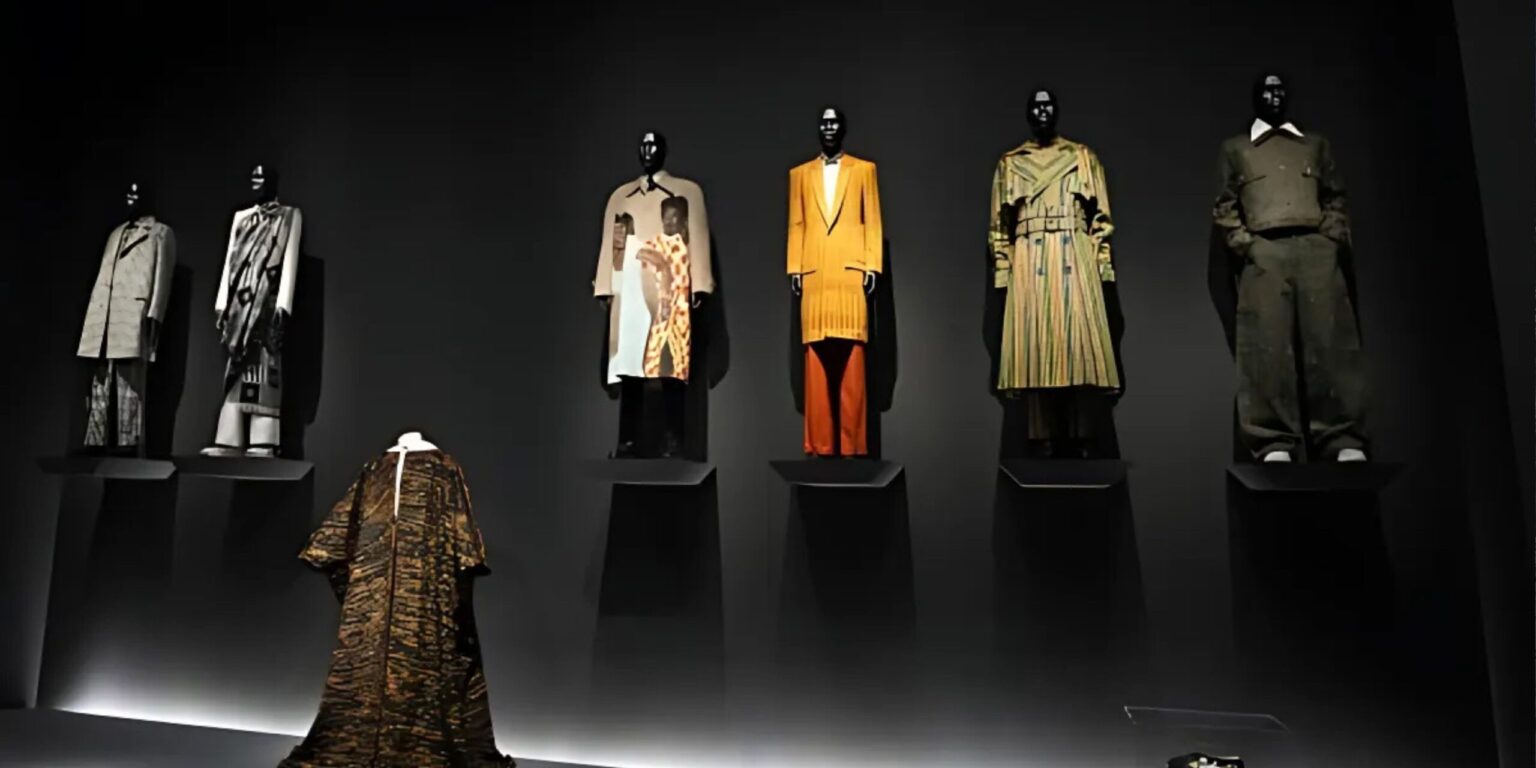Anna Wintour, the legendary editor-in-chief of Vogue and chief content officer of Condé Nast, is receiving accolades from the Gordon Parks Foundation for her determined leadership in promoting diversity, equity, and inclusion (DEI) in the fashion industry. Despite mounting political opposition and criticism dating back to the 2020 racial justice protests, Wintour has doubled down on her efforts to build a more inclusive industry. Her initiatives—including groundbreaking editorial decisions and a bold 2025 Met Gala theme focused on Black excellence—mark a turning point in how fashion embraces diversity.
A Legacy of Change at Vogue
Wintour’s influence at Vogue spans over three decades, but it is her recent pivot toward inclusive representation that has sparked renewed attention. In 2021, the magazine released its first cover styled entirely by Black creatives—an unprecedented move that signaled a tangible shift in the publication’s editorial philosophy. This decision was part of a broader push to diversify both the magazine’s visual narratives and the talent behind them.
Wintour has also implemented internal changes at Condé Nast, including hiring practices that emphasize equitable representation and launching mentorship programs targeting underrepresented groups. These efforts aim to break long-standing barriers and provide access to opportunities historically unavailable to many aspiring fashion professionals.
The 2025 Met Gala: Celebrating Black Style
This year’s Met Gala theme, “Superfine: Tailoring Black Style,” further demonstrates Wintour’s commitment to spotlighting Black culture and artistry. The event honored centuries of Black sartorial innovation and featured high-profile co-chairs like Pharrell Williams, Colman Domingo, Lewis Hamilton, and A$AP Rocky. Together, they curated a celebration of Black dandyism and its influence on contemporary fashion.
The Gala’s red carpet was a vibrant display of Afrocentric elegance and craftsmanship, showcasing designs from a new wave of Black designers who are reshaping fashion’s future. For many in the industry, the 2025 Met Gala marked a historical high point in terms of cultural visibility and inclusion.
Facing Political and Cultural Pushback
Wintour’s progressive stance on DEI has not come without challenges. In a polarized political environment, initiatives centered on equity and inclusion have come under increasing scrutiny. Critics argue that such efforts are performative or divisive, but Wintour remains unwavering in her belief that fashion must reflect the world it serves.
By consulting a diverse advisory council, she ensures that Vogue’s editorial choices are rooted in authenticity and a wide range of perspectives. This approach, she asserts, is vital for maintaining cultural relevance and fostering long-term institutional change.
Honoring Gordon Parks’ Legacy
The Gordon Parks Foundation’s decision to honor Wintour underscores her influence in transforming an industry often criticized for its exclusivity. Parks, who was Vogue’s first Black photographer, is remembered for using his camera to challenge inequality. Wintour’s recognition draws a powerful connection between her current efforts and Parks’ pioneering legacy.
At the foundation’s annual gala, Wintour will be celebrated alongside other changemakers who have advanced the cause of social justice through art, media, and activism. Her inclusion on this list speaks volumes about her evolving role—not just as a fashion icon, but as a cultural leader shaping the industry’s ethical trajectory.
Looking Forward
While Wintour acknowledges there is still much work to be done, she remains committed to driving the fashion world toward greater inclusivity. Her multi-pronged approach serves as a blueprint for other leaders navigating similar challenges. As she continues to redefine the power structures within fashion, Wintour offers a compelling vision for a more equitable and representative future.
